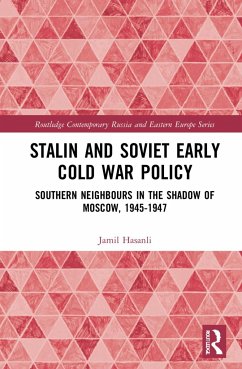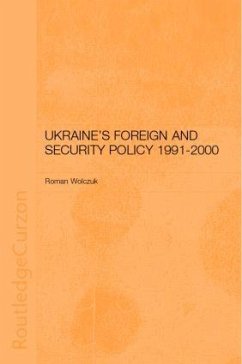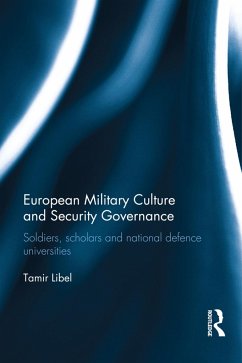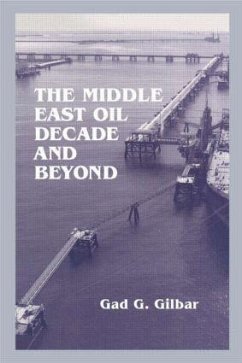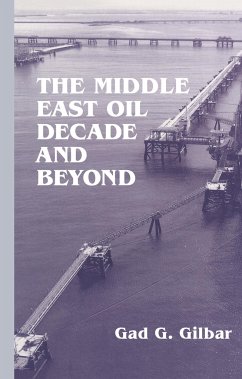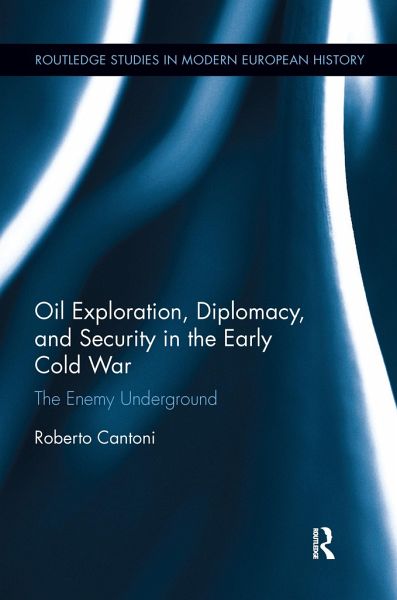
Oil Exploration, Diplomacy, and Security in the Early Cold War
The Enemy Underground
Versandkostenfrei!
Versandfertig in 1-2 Wochen
55,99 €
inkl. MwSt.

PAYBACK Punkte
28 °P sammeln!
This volume argues that the confidential acquisition of geoscientific knowledge in the Cold War was paramount for states, not only to provide for their own energy needs, but also to buttress national interests.





